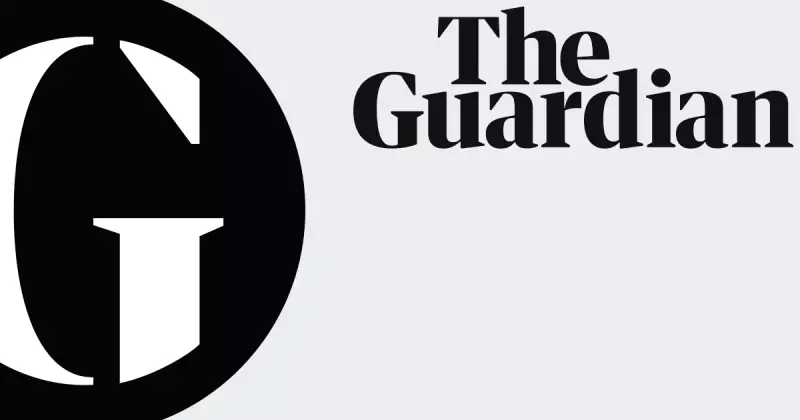
The new Labour government is preparing a significant and contentious overhaul of the United Kingdom's asylum system, with Home Secretary Shabana Mahmood at the helm of what she describes as radical plans to tackle a system that is 'out of control'. This bold move comes amidst a growing political row that threatens to unify the party's internal rivals against the leadership of Keir Starmer.
Mahmood's Radical Blueprint for Asylum
At the heart of the government's new agenda is a set of proposed changes to the UK's immigration and asylum framework. While the full details are still emerging, the proposals are understood to represent a fundamental shift in how asylum claims are processed and managed. The central aim, according to sources close to the Home Secretary, is to regain control over a system perceived as being in crisis, with significant backlogs and operational challenges.
These plans have been developed rapidly since Labour took office, indicating the high priority the new administration places on this issue. The Home Office, under Shabana Mahmood's direction, is believed to be considering measures to accelerate processing times and increase enforcement capabilities.
Internal Backlash and the 'ICE-style Raids' Warning
The proposed reforms have not been met with universal approval, even within the Labour Party itself. Stella Creasy, the Labour MP for Walthamstow, has issued a stark public warning about the potential consequences of the new approach.
In a column for the Guardian, Creasy expressed grave concerns, suggesting that the changes could lead to enforcement actions reminiscent of the US Immigration and Customs Enforcement (ICE) agency. She explicitly cautioned that the UK could see 'ICE-style raids on Britain's streets', a comparison that is highly charged and politically sensitive. This public criticism from a sitting Labour MP highlights the delicate balancing act the leadership faces in managing its own party's broad spectrum of views on immigration.
A Coordinated Challenge to Starmer's Leadership?
Beyond the specific policy debate on asylum, a parallel political drama is unfolding. The very public briefing and subsequent row over these plans appear to have had an unintended consequence: making Keir Starmer's internal rivals more coordinated.
Political journalists Pippa Crerar and Kiran Stacey, on the Guardian's Politics Weekly UK podcast, analysed whether this internal dissent is coalescing into a more organised opposition to the Prime Minister's agenda. The controversy has provided a focal point for those within the party who may disagree with the government's direction, particularly on issues of civil liberties and the treatment of migrants.
This comes as Shadow Health Secretary Wes Streeting also faces significant criticism for his own proposed reforms to the NHS, suggesting the government is encountering resistance on multiple policy fronts simultaneously. The combination of these challenges tests the discipline and unity of the new Labour administration.
The government now walks a tightrope. It must demonstrate firm control on a key issue that featured prominently in the election campaign, while also managing a party that contains strong liberal and humanitarian voices deeply uneasy with a hardline approach. The success or failure of Shabana Mahmood's asylum pitch may well define the early political fortunes of the Starmer government.





